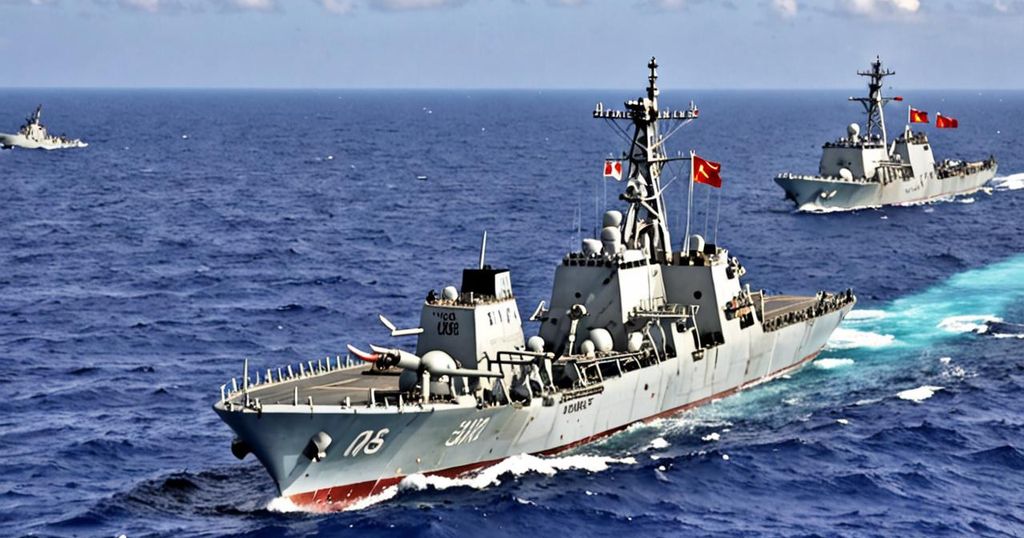The recent Shangri-La Dialogue, organized by the International Institute for Strategic Studies in Singapore, has shed light on the escalating tension in the South China Sea. Various world leaders, including President Ferdinand “Bongbong” Marcos of the Philippines, have voiced their concerns, with President Marcos stating that the killing of a Filipino serviceman by a Chinese water cannon in the South China Sea would be considered an act of war. Ongoing disputes and the increasing military build-up have heightened the power imbalance between China and Southeast Asian nations, raising significant concerns.
China’s recent decree authorizing the China Coast Guard to detain any foreign national who violates their maritime demarcations in the South China Sea has further escalated tensions. Such actions raise the possibility of hostage situations and confrontations at sea, which could lead to devastating consequences. The lack of progress on establishing a “code of conduct” for maritime operations in the South China Sea has been a longstanding issue, and without a resolution, the confrontations are likely to continue for years to come.
China’s claim over the entire South China Sea, despite the ruling by the International Court of Arbitration in The Hague, has created apprehension among Southeast Asian countries. The imbalance of power between China and the Southeast Asian nations, in terms of economic and military strength, has further complicated the situation. The ASEAN countries have limited military capabilities, largely due to economic constraints, compared to China’s significant military presence. The economic disparity is a significant concern that needs to be addressed to prevent further escalation of the conflict.
To address the long-term implications of the conflict, sustained economic growth is crucial for Southeast Asian nations. By diversifying their economic ties and focusing on growth, these countries can potentially narrow the economic imbalance with China. However, short-term strategies must involve strengthening ties with allies such as the United States and Japan. The support of these allies is essential in mitigating the current power imbalance and addressing the immediate challenges posed by the conflict in the South China Sea.
Looking ahead, the United States and Japan’s role in the region is expected to expand, given the urgency of the situation. As the tension in the South China Sea continues to escalate, it is imperative for Southeast Asian nations to work closely with their allies to navigate the complexities of the situation.
The recent developments and increasing geo-political tensions in the South China Sea highlight the urgency of addressing the power imbalance and the need for diplomatic resolution. The implications of the conflict extend beyond regional concerns, making it imperative for global stakeholders to monitor the situation closely and work towards a peaceful and sustainable solution.
Bill Emmott, the former editor-in-chief of The Economist, emphasizes the significance of the power imbalance and its long-term implications. His expertise sheds light on the complexities of the South China Sea conflict, urging nations to take swift and strategic action to address the escalating tensions. As the situation continues to unfold, it is crucial to prioritize diplomatic dialogue and multilateral cooperation to ensure stability and peace in the region.

Leave a Reply